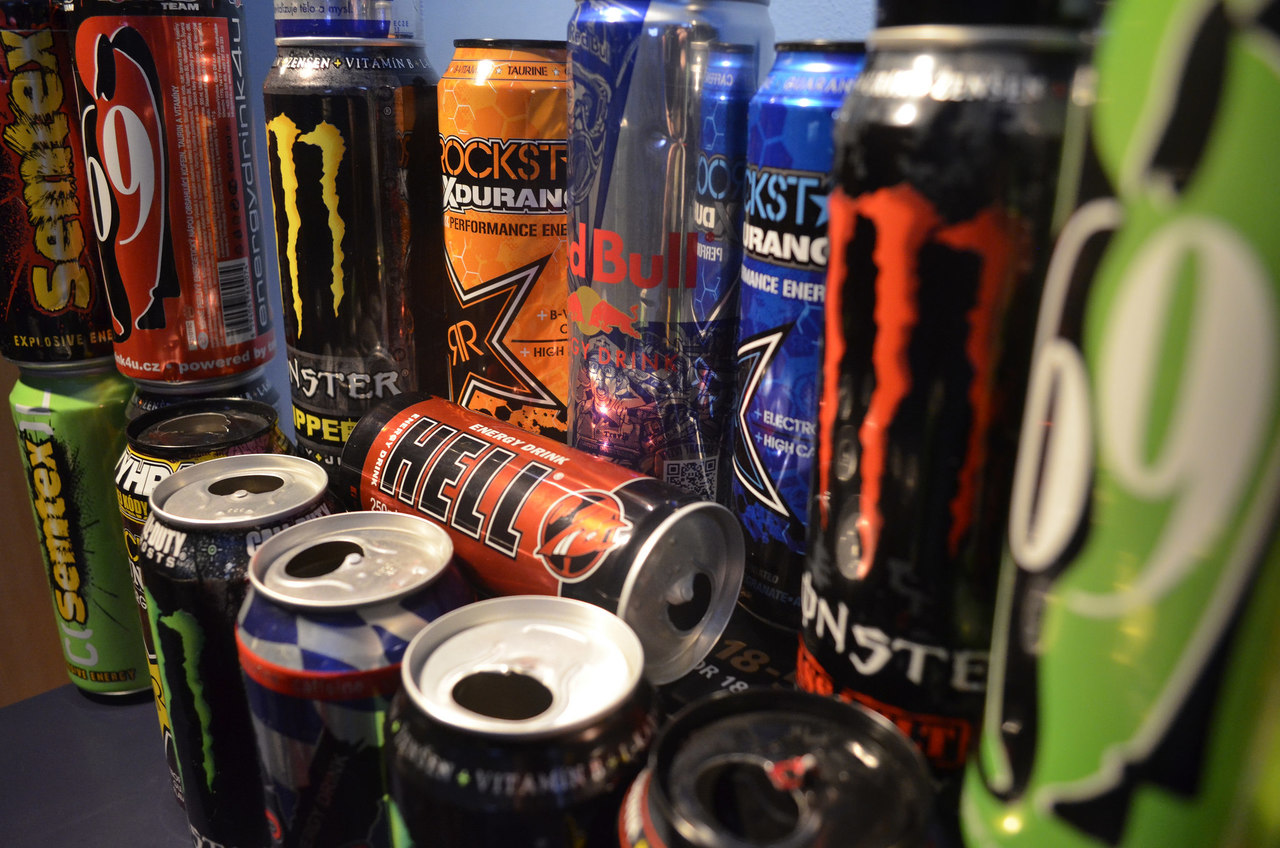
When we’re feeling drained or low on energy, our instinctive reaction is usually to grab a cup of coffee. Energy drinks are another common go-to. Among them, Red Bull stands out — famously marketed as a drink that “gives you wings.”
However, Red Bull has been linked to serious cardiovascular risks, including stroke and heart attack.
This energy drink causes the blood to thicken, delivering an unnatural jolt to the body’s systems.
According to Scott Willoughby, a senior researcher at the Cardiovascular Research Center at Australia’s Royal Adelaide Hospital, just one can of Red Bull can significantly affect blood consistency. One hour after consumption, participants’ blood flow resembled that of patients with cardiovascular issues.
Red Bull’s main ingredients are caffeine and sugar. It also includes aspartame, an artificial sweetener associated with neurotoxic, allergic, metabolic, and even potential cancer-causing effects. Even the Austrian manufacturer of Red Bull warns consumers not to exceed two cans per day.

Beyond its high caffeine content, Red Bull contains several chemical compounds whose long-term health impacts are still unclear. What’s more, many people consume it alongside alcohol, amplifying the risks. This combo can overwork the body and lead to severe health consequences.
So what can you do if you rely heavily on caffeinated drinks?
Health experts recommend natural ways to boost energy:
- Improve your overall nutrition
- Incorporate more omega-3 fatty acids
- Reduce your intake of sugar
- Manage and lower stress
- Prioritize quality sleep
- Stay physically active through regular exercise
These simple changes can support lasting energy — no wings required.

















